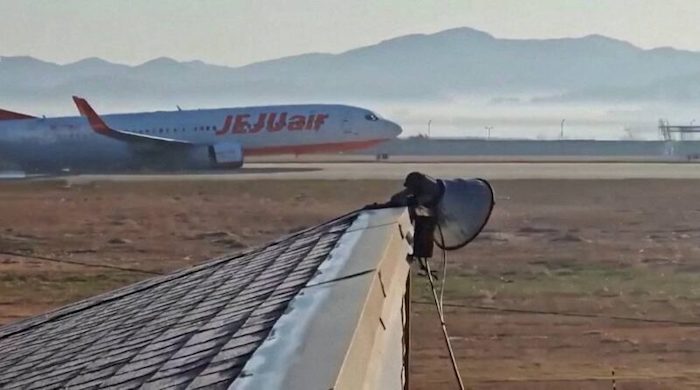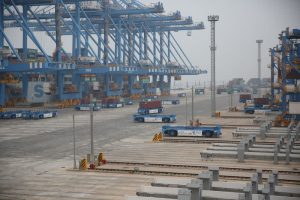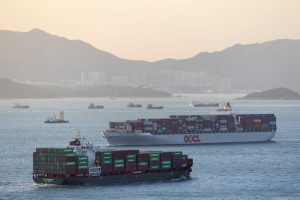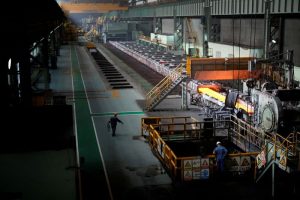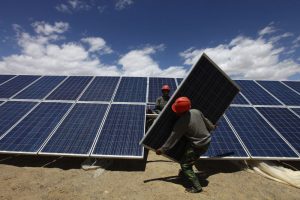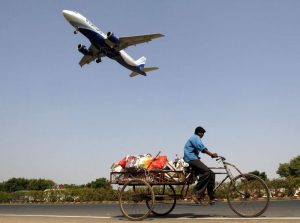The Jeju Air crash tragedy in South Korea on Sunday has hit the country like a punch to the guts, coming as it did after a dramatic political crisis that saw the country’s president and his successor both impeached in recent days.
Within two days of taking office, Acting President Choi Sang-mok has declared seven days of mourning, as the crash is the country’s worst ever, with 179 lives lost – the crew and all passengers on board, bar two flight attendants who managed to survive at the back of the plane as it exploded and broke apart after hitting a solid barrier at the ‘end’ of the runway.
The tragedy spurred a wave of flight cancellations for the discount airline – over 65,000 on both domestic and international routes after Flight 2216 from Bangkok crashed at 9am, according to a report by The Guardian.
ALSO SEE: China Plunders Rare Earth Minerals as Myanmar’s Civil War Rages
The plane’s ‘black box’ flight recorder has reportedly been found but not yet analysed, according to reports on Tuesday, which has left more questions than answers on key events in the lead-up to the ill-fated landing.
Air safety inspectors and aviation experts from the US and Boeing have been watching video footage of the disastrous landing, as well as combing the wreckage at Muan Airport, 180km southwest of Seoul, for clues to the cause of the crash.
Multiple issues
Multiple issues have been revealed. The first was a bird striking the starboard engine minutes after the airport control tower warned the pilot of a flock of birds in local airspace.
That caused the pilot issuing a Mayday call, despite the engine not being on fire, which led to the control tower to permit the pilot to land from the runway takeoff end.
That quick reaction has been highlighted by local media as a possible factor in the crash as it likely limited the time the crew had to manually deploy its landing gear when it failed to go down automatically.
Andrew Salmon, a correspondent in Seoul for the Washington Times, noted on Tuesday that “three more landing gear/ hydraulic incidents impacted aircraft worldwide after the Muang crash”, but none were fatal.
The Boeing 737-800, meanwhile, has reportedly had none of the issues that have plagued Boeing’s Max aircraft.
And experts have argued that the first two issues – the bird strike and the landing gear – should not be linked; the bird strike is unlikely to have prevented the undercarriage from deploying, pundits have said.
But with the landing gear failing to deploy, the plane came in at speed and did not actually touch down till well down the runway.
The pilot did not appear to have the capacity to use wing flaps or other measures to slow the plane before it careered into a concrete structure at the end of the runway.
The solid nature of that structure, fitted with “localizer” antennas said to guide planes for landing, has been criticized by some commentators, who said a ‘collapsible’ structure would have been far less deadly.
On Monday South Korea’s Transport officials said they plan to do safety inspections of the 101 Boeing 737-800 jets run by local airlines, as well as review Jeju Air’s safety standards. It is said to operate over a third of those planes.
- Jim Pollard
ALSO SEE:
South Korea Crisis Deepens as Acting President Also Impeached
South Korean Authorities Vow to Calm Markets as Yoon Impeached
South Korea Left Without a Leader as Crucial Trump Tariffs Loom
Top Korea Leader Thought Martial Law Declaration Was Deepfake
US Pressing Korean Chipmakers For More China Chip Curbs
China Welcomes ‘New Beginning’ Of Ties with Korea, Japan




